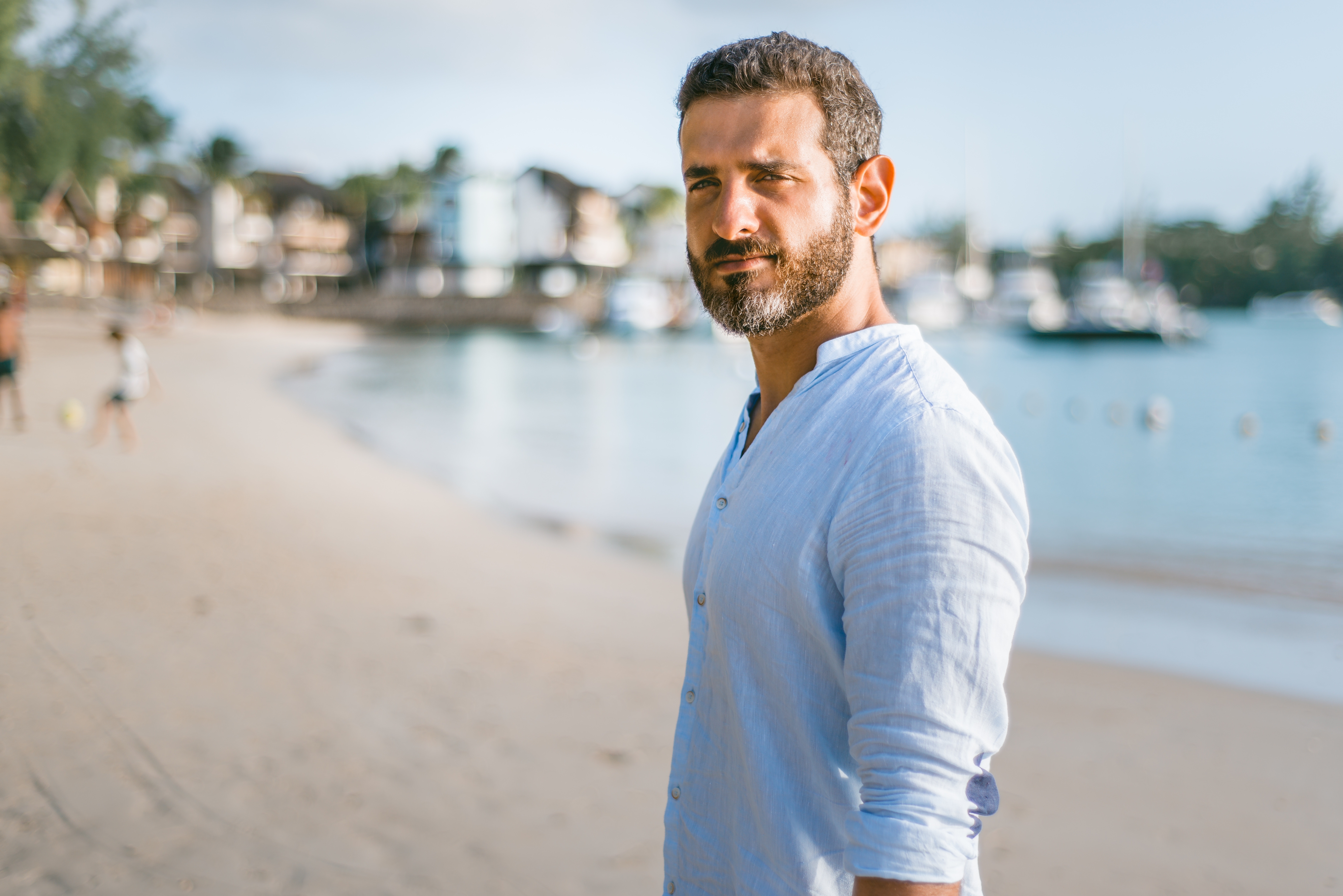Prostate-specific membrane antigen therapy with radiopharmaceutical Lutetium-177 is the well-tolerated targeted procedure for the metastatic prostate cancer treatment. As opposed to the conventional radiation therapy which acts only at the application site, Lutetium-177 is spread through the body with blood flow and affects both the primary tumor and metastases. A number of trials have shown that more than 80% of men with advanced tumors have demonstrated significant therapy response.
Prostate-specific membrane antigen therapy with radiopharmaceutical Lutetium-177 is the well-tolerated targeted procedure for the metastatic prostate cancer treatment. As opposed to the conventional radiation therapy which acts only at the application site, Lutetium-177 is spread through the body with blood flow and affects both the primary tumor and metastases. A number of trials have shown that more than 80% of men with advanced tumors have demonstrated significant therapy response.
Place of the PSMA therapy with Lutetium-177 in the prostate cancer treatment
PSMA therapy with Lutetium-177 has demonstrated its efficiency in patients with distant metastases of prostate neoplasms. This technique is especially valuable, as the other methods of cancer treatment are no longer effective at this stage. Lutetium-177 PSMA therapy may be performed both after the prostatectomy and in men with the preserved gland. It is also effective in men with drug-resistant metastatic tumors.
Main indications to the PSMA therapy with Lutetium-177 include:
Metastatic prostate cancer with bone or other distant metastases.
Castrate-resistant tumors with metastases.
Disease progression against the background of initial hormone therapy.
Disease progression against the background of chemotherapy or impossibility of the chemotherapy performing.
Salvage therapy, based on the decision of interdisciplinary tumor board.
In addition, PSMA therapy with Lutetium-177 is well tolerated by debilitated patients and patients with severe concomitant conditions.
How the procedure is carried out
Despite taking only 3-4 days, Lutetium-177 PSMA therapy is an inpatient procedure. It starts from the obligatory examination:
blood tests – PSA level, blood sugar, liver and kidneys function;
visualizing studies – PSMA-PET CT, scintigraphy of the skeleton;
hypersensitivity tests in predisposition to the drug allergy.
If no contraindications are revealed, the treatment starts. First, a doctor cools salivary glands with the help of ice in order to prevent them from damage. After that, the liquid with Lutetium-177 is introduced through intravenous catheter. A patient’s state is carefully monitored during the procedure performing and few days after it.
Control examinations include PSA blood test and repeated PET CT. Lower PSA level is indicative of lower disease activity. PET CT demonstrates size and state of the metastatic foci (typically they shrink or disappear). If necessary, doctor may advise to undergo one or few more procedures. Lutetium-177 is well tolerated, so this is quite possible.
Innovative therapy with Lutetium-177 in the world’s leading clinics
Only the limited number of specialized hospitals in different countries offers patients 177Lutetium PSMA therapy. This is connected with peculiarities of the radiopharmaceutical synthesis and specific radiation protection requirements. The procedure is successfully performed in its origin clinic – University Hospital Heidelberg, as well as in University Hospital Frankfurt am Main, and University Hospital Carl Gustav Carus Dresden. These hospitals are international and admit patients from all countries.
Planning the Lutetium-177 PSMA therapy abroad, a patient with no or little international experience will definitely benefit from contacting Booking Health. Booking Health is the certified medical tourism provider that helps patients with the prostatic tumors by:
Choosing suitable hospital or department of nuclear medicine.
Preparing the preliminary program in advance.
Providing therapy cost without overpricing or additional fees (saving up to 50%).
Booking the appointment without long waiting.
Additional monitoring of medical program by independent experts.
Control of the final calculation, return of unspent funds.
Communication with the healthcare facility after the course completion, medical reports translation.
Organization of subsequent examinations (e.g. PSMA-PET CT scan).
Arranging accommodation and transfer, services of interpreter and individual medical coordinator.
Contributed Content


